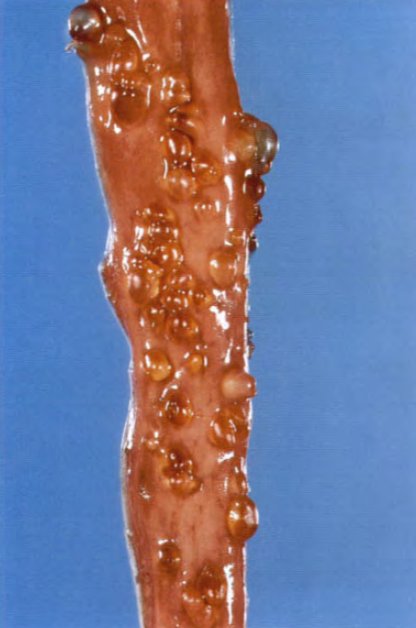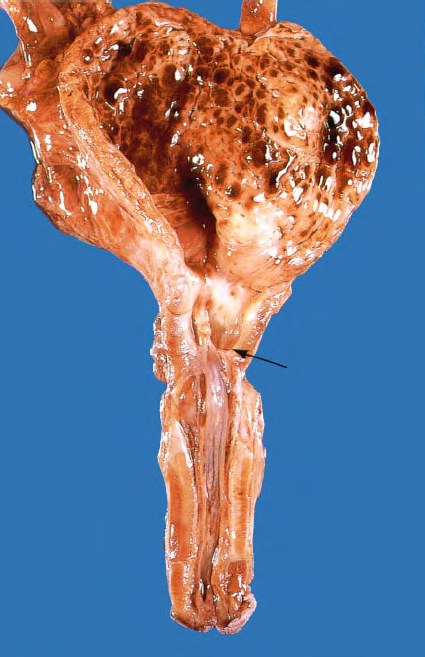Urinary Tract Infections
Content of This Page
1- Introduction
2- Causes
3- Symptoms
4- Types of Urinary Tract Infections
5- Treatment
6- What Should You Avoid
Introduction
Urinary Tract Infections (UTIs) are infections that affect any part of the urinary system, including the kidneys, ureters, bladder, and urethra. They are commonly caused by bacteria, most often Escherichia coli (E. coli). Symptoms typically include a frequent urge to urinate, burning sensation during urination, cloudy or strong-smelling urine, and pelvic pain. UTIs are more common in women but can occur in men and children as well. Treatment usually involves antibiotics to clear the infection.

Causes
Bacterial Infections:
- E. coli: The most common cause.
- Other Bacteria: Such as Klebsiella, Proteus, and Enterococcus.
Urinary Tract Abnormalities:
- Structural Issues: Congenital anomalies or obstructions.
Incomplete Bladder Emptying:
- Residual Urine: Due to bladder outlet obstruction or weakened bladder muscles.
Sexual Activity:
- Increased Risk: Especially in women, due to bacteria entering the urethra.
Personal Hygiene Practices:
- Improper Wiping: Wiping from back to front can transfer bacteria from the anus to the urethra.
Catheter Use:
- Indwelling Catheters: Can introduce bacteria into the urinary tract.
Weakened Immune System:
- Chronic Illnesses: Such as diabetes or immunosuppressive conditions.
Hormonal Changes:
- Menopause: Reduced estrogen can affect urinary tract health.
Pregnancy:
- Hormonal Changes: Can increase the risk of UTIs.
Symptoms
Bladder Infection (Cystitis):
- Frequent urge to urinate
- Burning sensation during urination
- Cloudy, dark, or strong-smelling urine
- Pelvic or lower abdominal pain
- Painful urination
Urethra Infection (Urethritis):
- Pain or burning sensation during urination
- Discharge from the urethra
- Itching or irritation at the urethral opening
Kidney Infection (Pyelonephritis):
- Fever and chills
- Flank pain (pain in the back or side)
- Nausea or vomiting
- Frequent urination
- Painful urination
General Symptoms:
- Feeling of incomplete bladder emptying
- Blood in urine (hematuria)
- Mild fever (in some cases)

Types of Urinary Tract Infections
Cystitis (Bladder Infection):
- Location: Affects the bladder.
- Symptoms: Frequent urination, burning sensation, cloudy urine, pelvic pain.
Urethritis (Urethra Infection):
- Location: Affects the urethra.
- Symptoms: Pain or burning during urination, discharge from the urethra, itching.
Pyelonephritis (Kidney Infection):
- Location: Affects one or both kidneys.
- Symptoms: Fever, flank pain, nausea, vomiting, chills, frequent urination.
Prostatitis (Prostate Infection):
- Location: Affects the prostate gland in men.
- Symptoms: Pain in the lower abdomen or pelvis, difficulty urinating, pain during ejaculation.
Treatment
Antibiotics:
- Prescription: The specific antibiotic depends on the type of bacteria causing the infection and may include medications like trimethoprim-sulfamethoxazole, ciprofloxacin, or nitrofurantoin.
- Duration: Usually a course of 3-7 days, depending on the severity and type of UTI.
Pain Relief:
- Over-the-Counter Pain Relievers: Such as ibuprofen or acetaminophen to alleviate discomfort.
Increased Fluid Intake:
- Hydration: Drinking plenty of water helps flush out bacteria from the urinary tract.
Bladder Analgesics:
- Phenazopyridine: To relieve pain and discomfort (used temporarily and not a cure).
Avoiding Irritants:
- Dietary Adjustments: Reducing caffeine, alcohol, and spicy foods that can irritate the bladder.
Follow-Up Care:
- Reevaluation: After treatment to ensure the infection has cleared and to address any persistent symptoms.
Treatment of Underlying Conditions:
- Addressing Contributing Factors: Such as diabetes, anatomical abnormalities, or chronic catheter use.
What Should You Avoid
- Dehydration
- Caffeine
- Alcohol
- Spicy foods
- Self-medication
- Ignoring symptoms
- Holding urine for long periods
- Irritating personal care products
- Unprotected sexual activity (if related to recurrent infections)